by Ashutosh Jogalekar
 As the saying goes, if you believe only fascists guard borders, then you will ensure that only fascists will guard borders. The same principle applies to scientists working on nuclear weapons. If you believe that only Strangelovian warmongers work on nuclear weapons, you run the risk of ensuring that only such characters will do it.
As the saying goes, if you believe only fascists guard borders, then you will ensure that only fascists will guard borders. The same principle applies to scientists working on nuclear weapons. If you believe that only Strangelovian warmongers work on nuclear weapons, you run the risk of ensuring that only such characters will do it.
We can therefore be thankful that there are sane scientists with diverse opinions about America’s nuclear weapons who work on these fiendish creations. And we can be doubly thankful that journalist and writer Sarah Scoles has taken the trouble to write about them in her book, “Countdown”. Scoles has an eye for the interesting, the droll and the ironic. She tours the sites where nuclear weapons have been developed and maintained – most notably America’s national labs – and spends ample time with a handful of scientists and engineers who work with them. She talks at length to these patriotic men and women and paints a revealing portrait of people who, apart from their work, are just…well, people. They have families and hobbies and take their kids to soccer and swim practice. They love to chat up their neighbors and drink wine with them. They love to argue and are well aware of both sides of the debate. They are smart and highly skilled at their trades. Most importantly, while they would like to see a world free of nuclear weapons, they know that until that happens, deterrence is our best bet to keep the peace. They have taken it upon themselves to shoulder that grim responsibility. We should be glad that America’s nuclear weapons are in such safe hands.
But deterrence only works when its reliable. That is where the crux of the problem, and the main narrative of Scoles’s book, lies. You can only deter an adversary if you and the adversary believe that the weapons you are using to deter them work and are foolproof. You can only ensure the workings of a weapon if you test it on a regular basis. And since 1992 after the Cold War ended, the United States has not done any full-scale tests of a nuclear weapon. Doing such tests would be a major destabilizing move against Russia and China, still our most important adversaries when it comes to nuclear weapons. But not doing tests risks reducing the reliability of our nuclear weapons and undermines the very idea of deterrence. Therein lies the dilemma. Read more »



 A new study has revealed a troubling development in the state of Maryland: while murder rates fluctuated between 2005 and 2017—first trending downward, then increasing for a few years—the homicides recorded during that period have grown steadily more violent the entire time.
A new study has revealed a troubling development in the state of Maryland: while murder rates fluctuated between 2005 and 2017—first trending downward, then increasing for a few years—the homicides recorded during that period have grown steadily more violent the entire time.
 Consider again the wooden desk. It was once part of a tree, like the ones outside your window. It became a bit of furniture though a long process of growth, cutting, shaping buying and selling until it got to you. You sit before it as it has a use – a use value – but it was made, not to give you a platform for your coffee or laptop, but in order to make a profit: it has an exchange value, and so had a price. It is a commodity, the product of an entire economic system, capitalism, that got it to you. Someone laboured to make it and someone else, probably, profited by its sale. It has a history, a backstory.
Consider again the wooden desk. It was once part of a tree, like the ones outside your window. It became a bit of furniture though a long process of growth, cutting, shaping buying and selling until it got to you. You sit before it as it has a use – a use value – but it was made, not to give you a platform for your coffee or laptop, but in order to make a profit: it has an exchange value, and so had a price. It is a commodity, the product of an entire economic system, capitalism, that got it to you. Someone laboured to make it and someone else, probably, profited by its sale. It has a history, a backstory. All of this is the case, but none of it simply appears to the senses. Capitalism itself isn’t a thing, but that doesn’t make it less real. The idea that all that there really is amounts to things you can bump into or drop on your foot is the ‘common sense’ that operates as the ideology of everyday life: “this is your world and these are the facts”. But really, nothing is like that: there are no isolated facts, but rather a complex, twisted web of mediations: connections and negations that transform over time.
All of this is the case, but none of it simply appears to the senses. Capitalism itself isn’t a thing, but that doesn’t make it less real. The idea that all that there really is amounts to things you can bump into or drop on your foot is the ‘common sense’ that operates as the ideology of everyday life: “this is your world and these are the facts”. But really, nothing is like that: there are no isolated facts, but rather a complex, twisted web of mediations: connections and negations that transform over time.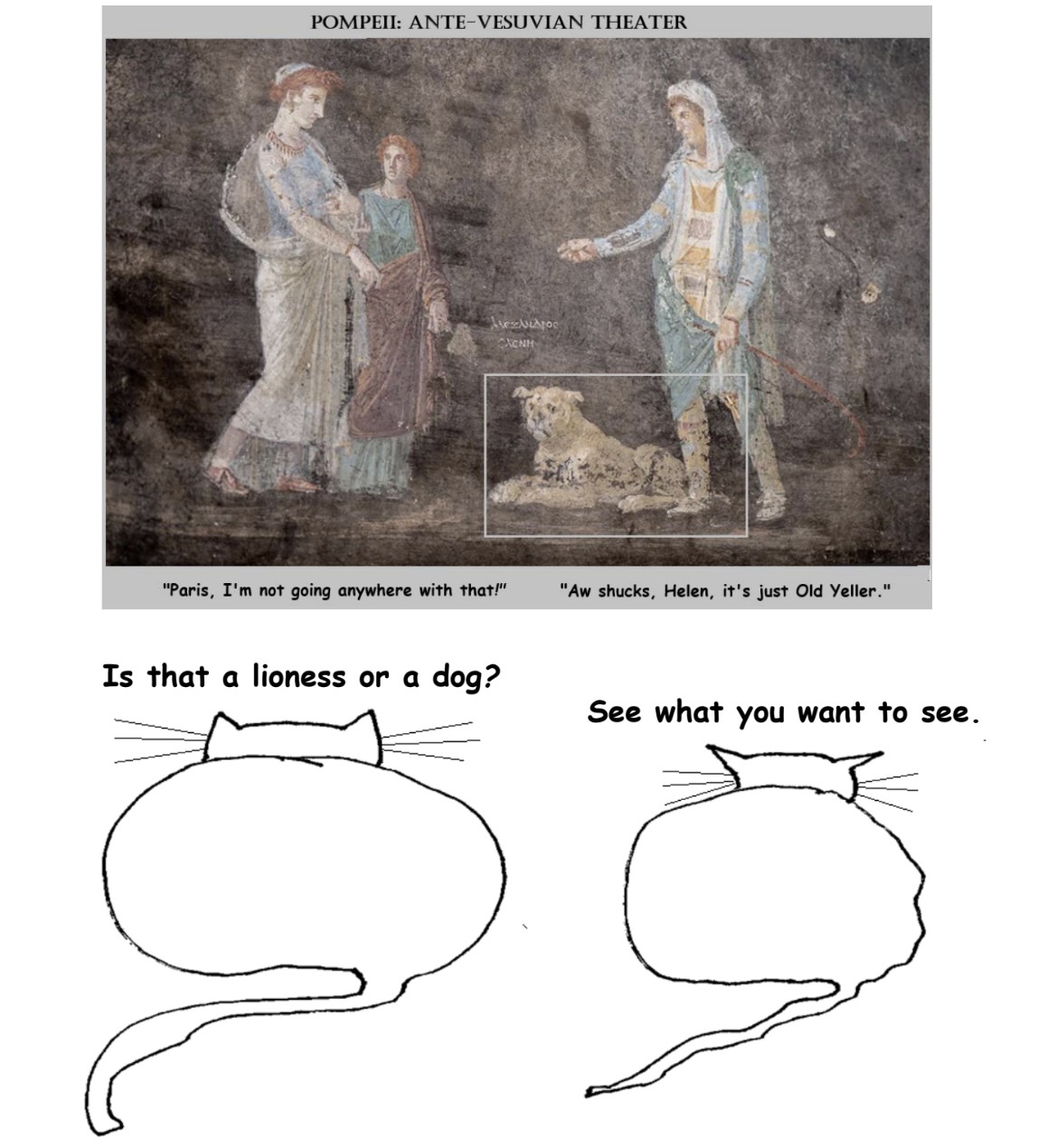

 Is there such a thing as tasting expertise that, if mastered, would help us enjoy a dish or a meal? It isn’t obvious such expertise has been identified.
Is there such a thing as tasting expertise that, if mastered, would help us enjoy a dish or a meal? It isn’t obvious such expertise has been identified.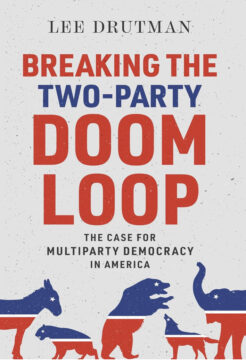 It’s a book about how our political system fell into this downward spiral—a doom loop of toxic politics. It’s a story that requires thinking big—about the nature of political conflict, about broad changes in American society over many decades, and, most of all, about the failures of our political institutions. (2)
It’s a book about how our political system fell into this downward spiral—a doom loop of toxic politics. It’s a story that requires thinking big—about the nature of political conflict, about broad changes in American society over many decades, and, most of all, about the failures of our political institutions. (2) I’m writing this 37,000 feet above Vestmannaeyjar, a chain of islands off Iceland’s south coast. Or so the screen tells me – I can’t see the view because I’m wedged into 38E, a middle seat at the back near the loos.
I’m writing this 37,000 feet above Vestmannaeyjar, a chain of islands off Iceland’s south coast. Or so the screen tells me – I can’t see the view because I’m wedged into 38E, a middle seat at the back near the loos. 
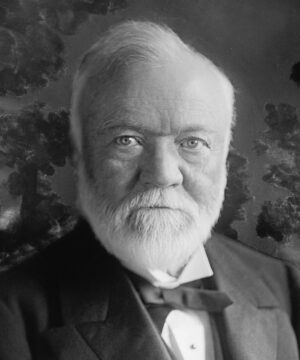
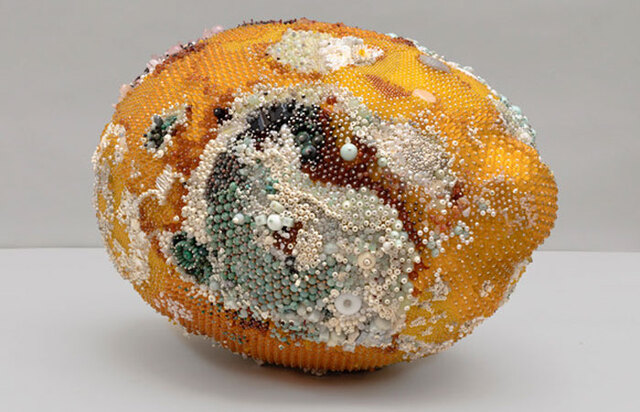 Kathleen Ryan. Bad Lemon (Creep), 2019.
Kathleen Ryan. Bad Lemon (Creep), 2019.
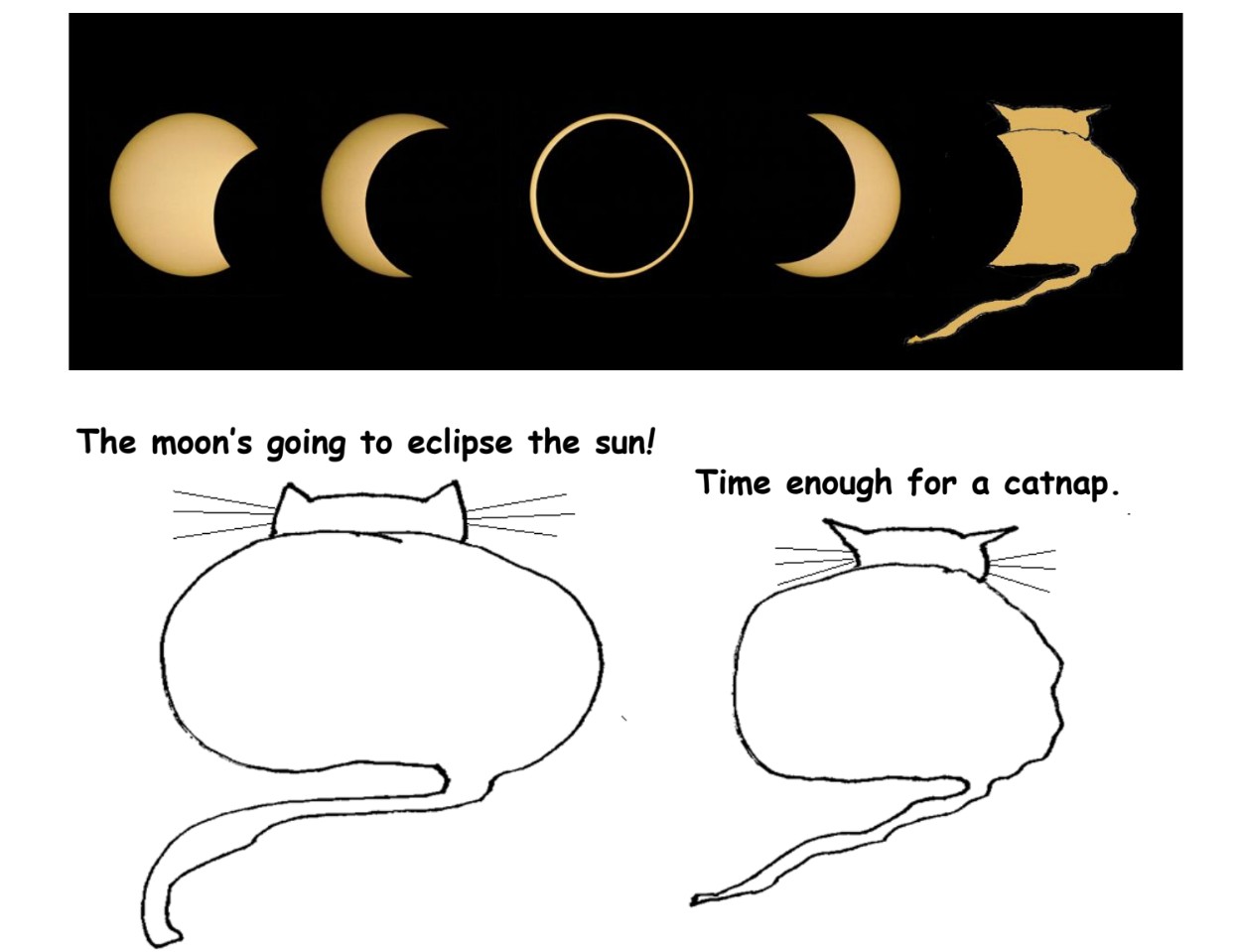





 In an attempt to understand my relationship to the Italian-American identity, I recently began watching episodes of The Sopranos, which I avoided when it first aired twenty-five years ago. I was on a nine-month stay in New York at the time, living in a loft on the Brooklyn waterfront, and I remember the ads in the subways—the actors’ grim demeanors; the letter r in the name “Sopranos” drawn as a downwards-pointing gun. I’ve always been bored by the mobster clichés, by the romanticization of organized crime: as an entertainment genre, it’s relentlessly repetitive, relies on a repertoire of predictable tropes, and it has cemented the image of Italian Americans we all, to one degree or another, carry around with us. But the charisma of Tony Soprano, played by James Gandolfini, exerts an irresistible pull: I jettison my critical abilities and find myself binge-watching several seasons, regressing for weeks at a time, losing touch with what I was hoping to find.
In an attempt to understand my relationship to the Italian-American identity, I recently began watching episodes of The Sopranos, which I avoided when it first aired twenty-five years ago. I was on a nine-month stay in New York at the time, living in a loft on the Brooklyn waterfront, and I remember the ads in the subways—the actors’ grim demeanors; the letter r in the name “Sopranos” drawn as a downwards-pointing gun. I’ve always been bored by the mobster clichés, by the romanticization of organized crime: as an entertainment genre, it’s relentlessly repetitive, relies on a repertoire of predictable tropes, and it has cemented the image of Italian Americans we all, to one degree or another, carry around with us. But the charisma of Tony Soprano, played by James Gandolfini, exerts an irresistible pull: I jettison my critical abilities and find myself binge-watching several seasons, regressing for weeks at a time, losing touch with what I was hoping to find.